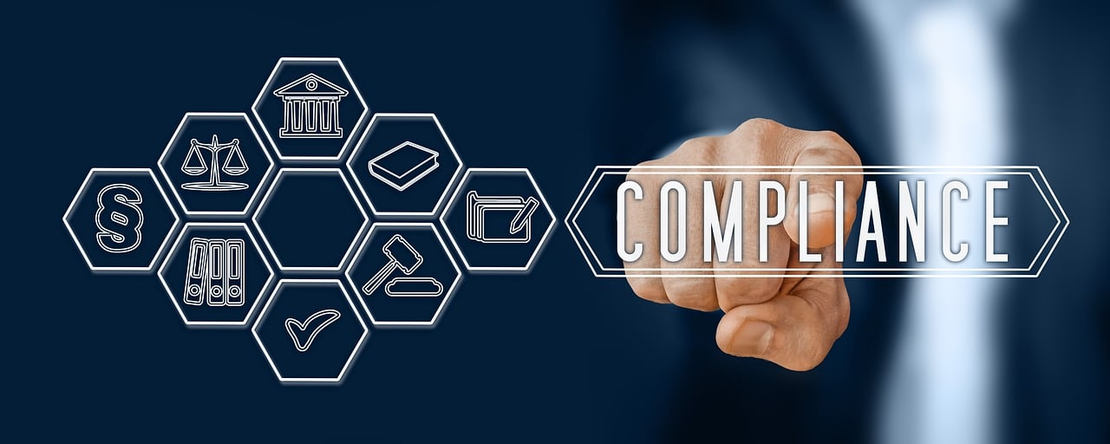
Strengthening Quebec's Law 25 or Bill 64 Compliance with CIPH3R’s FPE
- David
- Compliance , Application , Data
- May 15, 2024
Table of Contents
Format-preserving encryption (FPE) serves as a valuable tool for organizations seeking to comply with Quebec’s Bill 64, also known as Law 25. Law 25 establishes comprehensive data protection standards for businesses operating in the province. Non-compliance with Law 25 can result in significant fines. This blog post explores how FPE empowers organizations to effectively navigate these data privacy regulations.
Alignments with Law 25 Provisions: Law 25 outlines various requirements for handling personal information. Let’s delve into how FPE strengthens compliance with some of these key provisions:
1. Transparency and Accountability (Articles 6 & 7): Law 25 emphasizes transparency in information practices and holds organizations accountable for protecting personal data. FPE fosters transparency by ensuring data remains in a readable format even after encryption, facilitating audits and demonstrations of compliance. Additionally, FPE minimizes the risk of data breaches that could erode accountability.
2. Minimization and Purpose Limitation (Articles 14 & 15): Law 25 mandates collecting only the necessary personal information and using it solely for the intended purposes. FPE supports these principles by allowing organizations to tokenize or pseudonymize personal data. This reduces the amount of sensitive data stored and safeguards against unauthorized access or misuse.
3. Security Safeguards (Article 24): Law 25 requires organizations to implement appropriate security measures to protect personal information. FPE acts as a robust security safeguard by encrypting data at rest and in transit, mitigating the risk of unauthorized access and data breaches.
4. Data Subject Rights (Articles 26-32): Law 25 grants individuals various rights regarding their personal information, including access, rectification, and erasure. FPE facilitates these rights by enabling organizations to encrypt data in a way that allows for efficient retrieval and processing while maintaining security and privacy.
Achieving Law 25 compliance is a multi-faceted endeavor. Here are some additional points to remember:
Comprehensive Approach: Organizations should implement a broader compliance strategy beyond encryption. This might include conducting privacy impact assessments, establishing data breach notification protocols, and maintaining robust data governance practices.
Focus on Transparency: Law 25 places a strong emphasis on transparency. Organizations should ensure clear and accessible communication with individuals about their data collection and usage practices.
CIPH3R offers FPE solutions designed to support Law 25 compliance initiatives. Our solutions provide robust data protection while maintaining data usability, allowing you to fulfill your legal obligations and safeguard sensitive information effectively.

